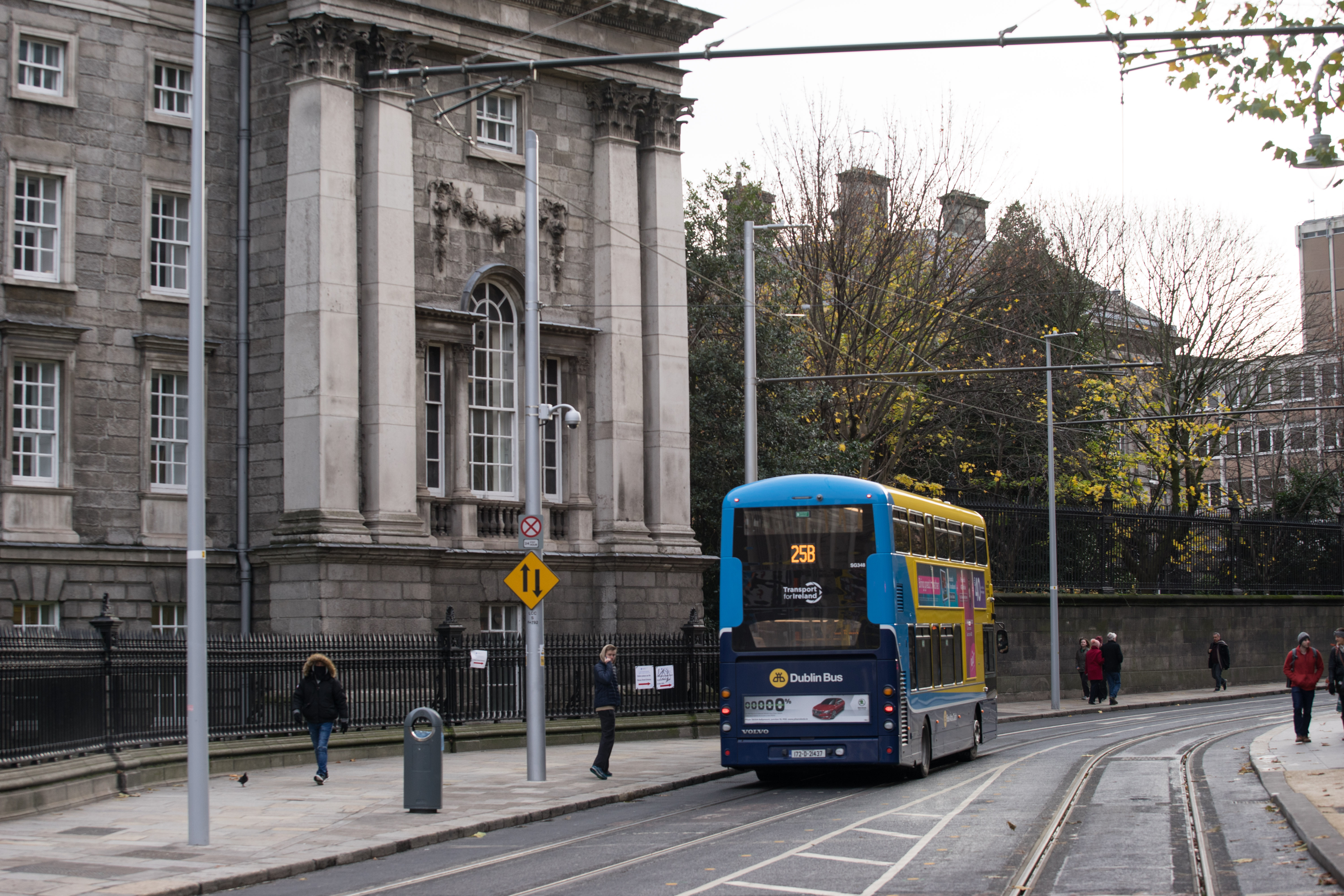In June of this year we learned of the tragedy of the Grenfell fire. Seared in our memories are the terrifying images of a towering inferno ablaze, of women wailing for children still trapped inside, of exhausted, exasperated Londoners, helplessly trying to reason with the wild blaze of injustice which exploded before their eyes. “If you want to see how the poor die, come see Grenfell Tower” as the poet Ben Okri writes.
Ours is the generation to have witnessed this horrific tragedy, to have seen how the poor die. Over 170 years on from Engels writing about the social violence perpetrated against proletarian families in Victorian Manchester, we have seen how working-class people continue to be, as the Shadow Chancellor, John McDonnell, put it, “murdered by political decisions”.
Ours is the generation to witness 8000 of our fellow citizens be rendered homeless in Ireland, including 3000 children, over a century on from the promises of 1916. Each day we pass more and more people sleeping rough on the streets. Each week brings new reports of fresh deaths of those forced to sleep in the cold, frequently in the doorways of businesses and offices and government buildings.
Our generation recognises this unspeakable inhumanity as the inevitable consequence of a dominant neo-liberal policy. We have seen, first-hand, the harm that results from commodifying and trading homes in pursuit of profit. Ours is the generation to have seen 1400 families homeless in 2016 and 2500 children in emergency housing, while in the same year an additional 5000 people became millionaires.
Ours is a betrayed generation, an exploited generation, a generation that has been ignored, let-down, misled, sold-out. Recent research suggests that almost half of us are precarious workers, confined, typically, to under-unionised, underpaid, insecure work. Within Dublin, we are forced to spend on average over half of our salaries each month on rents.
As students we are getting priced out of the city by an ever-worsening housing crisis. And while we are forced to queue for accommodation that is often in dire conditions, to suffer unexpected rent hikes and to shoulder colossal debt, the privatisation of the Trinity student housing market has seen companies profit from charging us extortionate prices for beds in its housing complexes.
That Leo Varadkar and his cabinet of landlords are untroubled by the reality which faces our generation comes as no surprise. They do not want to listen to us; they do not represent our interests. When we plea for an end to Third Level fees, they toy with the idea of Income-Contingent Loans. When we complain about soaring rents or insecure contracts, they dismiss our concerns as mere whinging. Such a cavalier and uncaring attitude is reflected in comments recently made by the Chair of the Housing Agency, Conor Skehan, that the housing crisis is “completely normal”.
Indeed Skehan has a point. The current housing crisis is no accidental feature of the capitalist system in which we live. It is the inevitable outcome of neo-liberal policy choices which sacrifice the housing needs of large sections of the Irish population at the altar of “investor and market confidence”.
This is a system which prioritises the interests and demands of global investors and equity funds over those of ordinary citizens. It is a system marked by its ideological devotion to the market as the sole supplier of houses and, increasingly, it is a system which cannot handle its own contradictions.
Our generation understands this very well. We know that downward pressure on wages and erosion of employment standards will continue to undermine income tax receipts while exerting substantial pressure on a welfare state to supplement those on low wages.
We can see that while rents soar and homelessness increases, the market fails to deliver enough houses to meet demand because pushing prices higher is increasingly profitable for a dominant landlord class. We recognise that this is a system which is itself in crisis, characterised as it is by a deep and diametric clash of interests between a propertied elite and the rest of us.
This crisis is exacerbated by poor policy choices on the part of the Government. In the recent budget, it chose to deploy €335 million on token tax cuts and to gift developers €750 million or 60 per-cent of the cost of constructing 6000 houses. This was a clear political choice to prioritise tax cuts for the rich over solving homelessness.
Another choice is evident in the Government’s housing plan, Rebuilding Ireland, which will continue to adhere to the nonsensical, neo-liberal dogma of commodification and privatisation of social housing through the private rental sector and sale of public land through new forms of Public-Private Partnerships.
For these reasons, the recent decision taken by the group Students Against Fees to expand their campaign to include the housing crisis is welcome. Mass mobilisation of students at universities across Ireland is the only way we can fight the student accommodation crisis. Change cannot and will not be won through polite meaningless words, through poorly-attended Marches for Education or passive top-down campaigning.
What is required now is a vibrant, energetic grassroots movement of students organising ourselves. Our demands must be as a clear and as tangible as our grievances. And the cornerstone of our campaign must be a call for the government to invest in affordable, social housing, provided as a human right.
Ours can be a generation of hope, a generation which can organise and mobilise, which can demand change and resist the given, which can re-imagine and rebuild a better Republic. Get involved.
Claire O’Connor is the Policy and Education Officer of Trinity Labour.







